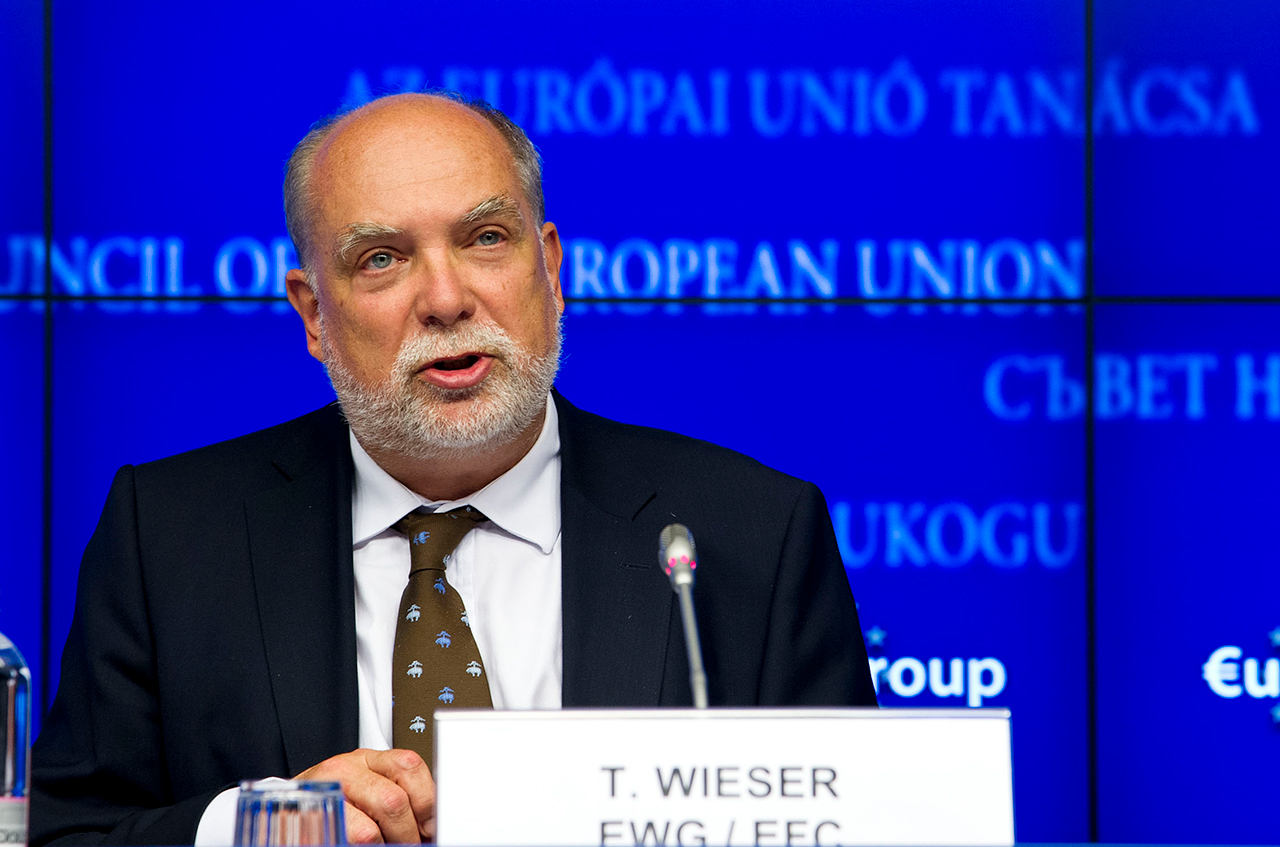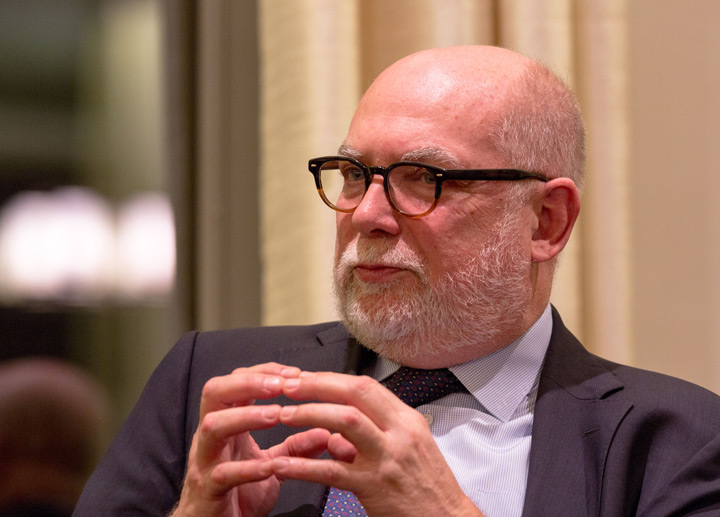Interview with Thomas Wieser

date: 11/12/2019
On 18 November, the European Commission unveiled the composition of its new High-Level Forum on Capital Markets Union. The expert group, which began work on 26 November, is chaired by Thomas Wieser, the former President of the European Economic and Financial Committee. Here, Mr. Wieser answers a few questions about the capital markets union and the work of the new expert group.
Mr. Wieser, you have been appointed as Chair of the High-Level Forum on Capital Markets Union that the European Commission has just set up. What can you tell us about this forum?
The High-Level Forum is an expert group made up of 28 members, all of whom are highly experienced industry executives and top international experts and scholars who will provide input to the work on future capital markets union policies. The forum will analyse different areas in which the Commission could propose additional policy initiatives to ensure that citizens and businesses can access capital markets across the EU on equal terms and irrespective of their geographical location. It will also come up with concrete recommendations for future capital markets union measures.
How will the work of the High-Level Forum be organised and what is its time horizon?
The work is organised in three subgroups, focussing on the following areas: building a pan-European ecosystem for raising capital for companies, including SMEs; fostering retail investor participation and diversification of the investor base; and strengthening a pan-European financial market architecture. The subgroups are each chaired by a sub-Chair – David Wright for the capital ecosystem one, Maria Luis Albuquerque for retail investor participation and Peter Praet for financial market architecture. We will meet regularly to prepare our contribution to the overall report of the High-Level Forum.
We are, of course, aware of the cross-cutting nature of some of the issues concerned and will make sure that the work on such issues is properly coordinated within the forum. As we go along, the work of the different sub-groups will flow together to culminate in an interim report, currently planned for February 2020. The final report should be delivered to the Commission in May 2020, and will set out targeted and concrete policy recommendations.
The capital markets union has featured prominently on the Commission’s agenda since the adoption of the action plan in 2015. How do you assess the progress made and what remains to be done?
The capital markets union is a long-term, structural reform project aimed at deepening and integrating capital markets across the EU as well as helping their further development, so that they can play a bigger role in financing the real economy. It is true that, since the Commission presented its first capital markets union action plan in 2015, a large number of measures have been adopted to remove cross-border barriers to investment, harmonise rules among Member States, and make the regulatory environment conducive to more investments through capital markets. These are important steps forward that we can build on.
However, in my view the work is far from done. The challenges ahead – including the departure of the United Kingdom from the European Union, the need to complete the Economic and Monetary Union and the reforms needed to put the European economy on a more sustainable and innovation-based path – make further work on the capital markets union more essential than ever. Continuing to build and to go forward with this work is crucial to making our EU economy more innovative and open to new digital trends. More integrated capital markets would further improve regional cohesion by ensuring equal access to investment and funding opportunities for individuals and businesses across the EU, regardless of where they are located. Increased financial integration would also generate economies of scale, which would reduce the cost of capital, allow firms to raise capital more easily and facilitate direct (including direct foreign) investments, making the EU a developed global hub for financial services.
I am convinced that this High-Level Forum brings together the experience and expertise that we need to come forward with concrete, ambitious and yet realistic recommendations to make another big step towards these goals. That said, I would also encourage everybody to send us their thoughts and ideas on what more needs to be done to create a truly integrated capital markets union. Suggestions can be sent through the dedicated HLF website – I am sure they will be invaluable and will feed into our reflections on the best way forward.
Read more on the High-Level Forum on Capital Markets Union

